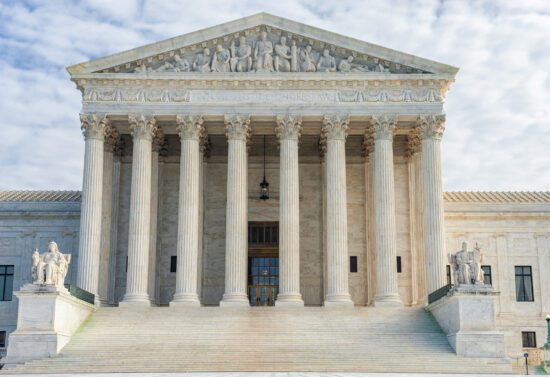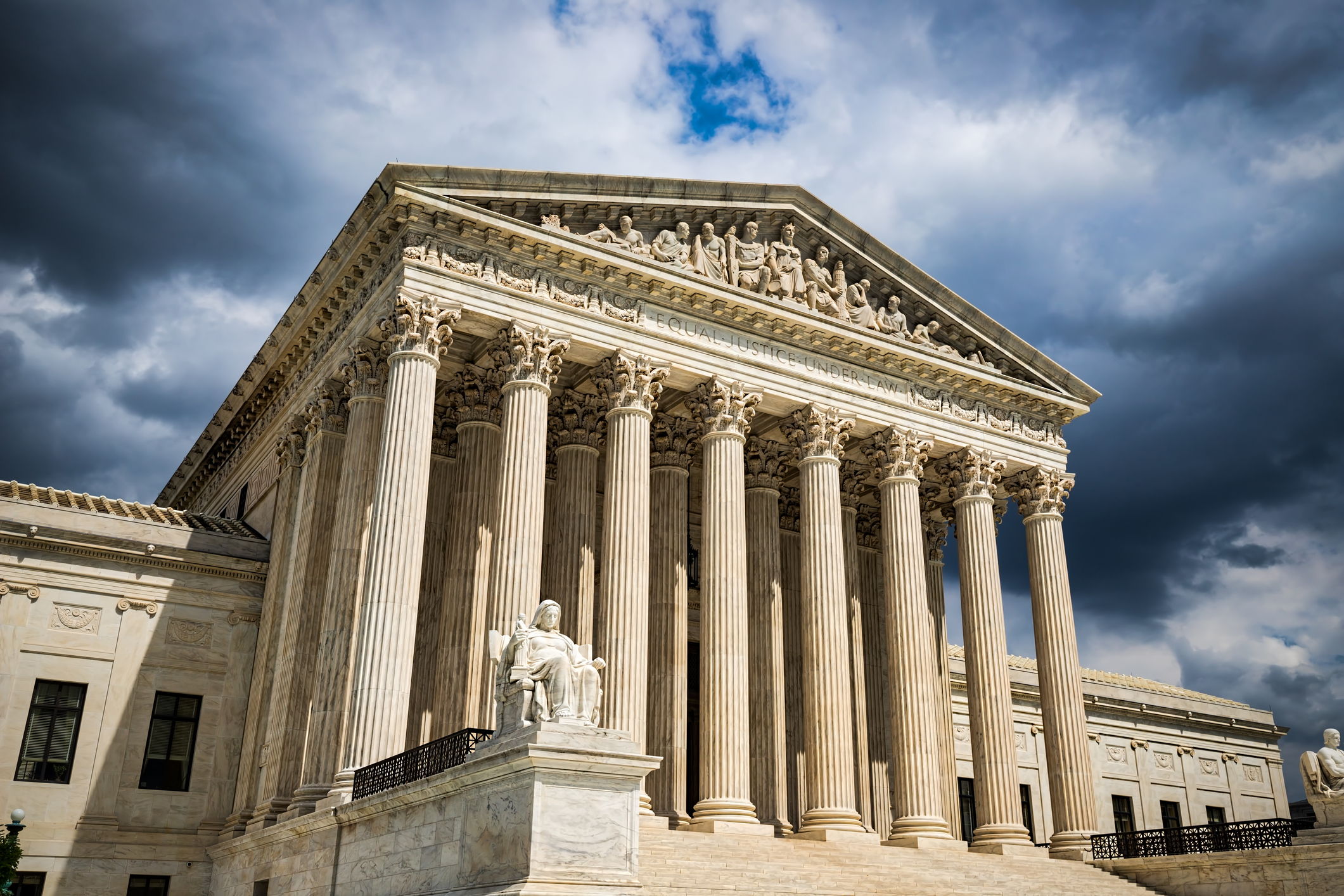In Joseph Pearce’s biography of G.K. Chesterton we are given an account of some of the reactions to the death of the great writer. T.H. White, who wrote The Sword in the Stone, entered his classroom and announced, “G.K. Chesterton died yesterday. P.G. Wodehouse is now the greatest living master of the English language.” Hugh Kingsmill shared the news of Chesterton’s death to his friend Hesketh Pearson through a closed bathroom door. In response, “he sent up a hollow groan which must have echoed that morning all over England.”
My response to the death of Antonin Scalia was similar. He was, in my mind and in the minds of many others, the single greatest jurist of the last several decades. In a time when it became increasingly popular to discover new rights in the Constitution, such as the right to privacy which has resulted in tens of millions of abortions in the United States, Scalia insisted that such fundamental questions had to be decided by the people if not directly answered by the text of our governing document. He recognized that there is nothing about going to law school, not even a very good one, that turns a person into an exceptionally wise man or woman to whom all other judgments of morality must defer.
Justice Scalia is celebrated and remembered as a defender of the text and original meaning of the Constitution. He would find no new rights lurking in the “emanations and penumbras” of the clearly stated law, as Roe did. He would not turn the 14th Amendment into a lever to redefine marriage in the face of thousands of years of human history. At the same time, he did not believe the Constitution allowed him to translate his own preferences into law. Justice Scalia was dedicated to what he viewed as a judge’s work, which is not the same as the job a legislator does. Supreme Court judges interpret the Constitution. They do not have the power to effectively amend it with a mere majority vote when the document itself demands a much more arduous process for those who would wish to change it.
What all of this means is that the jurist was ultimately a champion for self-government. He believed that it is the task of the citizen to participate in the democratic process (within the bounds of the constitution) and to decide fundamental questions about our values. Justice Scalia did not believe that putting on the black robe meant taking on the mantle of the philosopher-king. While some have characterized him as something like an enemy of social progress, the reality is that he would have put up little opposition to democratic movements. Instead, he resisted the Court’s assumption of authority that rightly belongs to the electoral process and the nation’s statehouses. He rightly recognized that a doctrine of a living, evolving constitution was the catalyst for a process of reasoning that ultimately takes power from the people and concentrates it in the hands of elites. In his dissent in Obergefell, he noted that all of the justices on the court had attended law school at either Harvard or Yale, were either Catholic or Jewish (so no evangelicals or other protestants), and hailed from the two coasts. His point was simple. There is something wrong with the Court occupying the position of making law for the people, while simultaneously being so unrepresentative.
Justice Scalia’s death comes at a bad time, especially for reasons of life and religious liberty. The Hobby Lobby case ended as a 5-4 decision in favor of the company’s need for an accommodation to conscience and religious liberty in the face of the HHS mandate on contraception. Justice Scalia was one of the five. His absence raises serious questions about whether religious liberty petitioners can prevail in future cases. For example, the Little Sisters of the Poor have a case pending before the court. Religious liberty expert Douglas Laycock bluntly stated that the Little Sisters lost their case when Justice Scalia was found dead. We shall see. If the case were to conclude as a 4-4 tie, then the lower court ruling against the Little Sisters would seem to resolve the case against them (at least for the time being). Alternatively, their case could be assigned for a later re-argument. The legitimacy of the court depends upon a more solid resolution of religious liberty claims, ultimately, so the next appointment to the court will be critical.
At the same time, there is a major Texas abortion case (Whole Women’s Health) which revolves around the constitutionality of state laws requiring abortion clinics to meet the same health and safety standards to which outpatient surgical centers are held. Clinics are also required to employ only physicians with admitting privileges in nearby hospitals. That is another case that may well end up with a 4-4 deadlock without Justice Scalia. Because the lower court upheld the restrictions, that ruling would hold within the appellate circuit until some later resolution of the case by the Court or unless the case were assigned to re-argument.
Antonin Scalia fought for a conception of the Constitution and of the Supreme Court that became increasingly out of fashion during the twentieth century. Thanks to his intellectual strength and his power of expression, he defended his views and probably increased the influence of his judicial philosophy. His death creates crises both immediate and potentially long term. We have to pray that the next justice will bring as much wisdom and skill to the job as Justice Scalia did. More importantly, we need to keep praying for life and religious liberty.










